Kenya
The Kenyan government has suspended all non-essential travel for government officials. The move aims to streamline expenses and ensure that taxpayer funds are used judiciously.
In a circular issued by Head of Public Service Felix Koskei, the government also announced restrictions on delegations accompanying high-ranking officials, including the President, Deputy President, First Lady, and Prime Cabinet Secretaries during foreign trips.
Non-essential travel that has been suspended includes benchmarking, study visits, training programs, research activities, academic meetings, symposia, conferences, general participation meetings, showcase events, exhibitions, caucus and association meetings, and related events.
Foreign travel will now only be permitted for engagements that are essential to fulfill Kenya's state obligations, conduct critical state party engagements, or serve statutory leadership or membership roles that impact the country's position.
To maintain efficiency and cost-effectiveness, delegations headed by Cabinet Secretaries will be limited to three persons, including the Cabinet Secretary as the Head of Delegation.
For Principal Secretaries, delegations shall not exceed two persons, and at least one delegate must be a specialized technical officer relevant to the subject matter of the engagement.
Delegations involving both Cabinet and Principal Secretaries will be restricted to a three-person limit. Cabinet and Principal Secretaries within the same ministries are advised not to be on foreign travel simultaneously unless it is explicitly required by the engagement.
Delegations led by County Governors will also be limited to three persons, including the Governor as the Head of Delegation.
Travel approvals for officials accompanying the President, First Lady, Deputy President, and Prime Cabinet Secretary will be granted only to those directly involved in scheduled activities/programs of the principals.
The Ministry of Foreign and Diaspora Affairs has been instructed to reduce the number of accompanying personnel by fifty percent (50%).
In addition, the government has imposed a maximum limit of seven days for official travel, including travel days. These austerity measures are implemented to prioritize essential operations and activities crucial for serving the citizens, as explained by Head of Public Service Felix Koskei.
These measures demonstrate the government's commitment to responsible financial management and ensuring that taxpayer money is used efficiently for the benefit of the country.



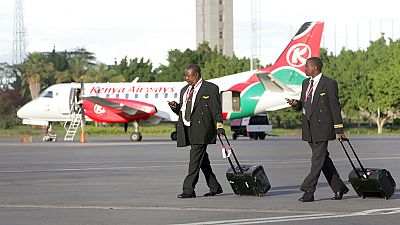

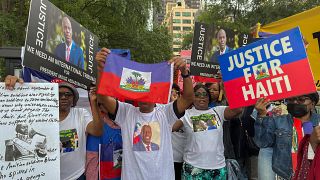

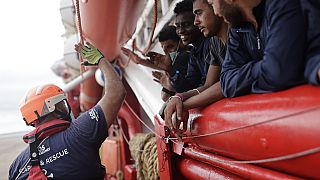
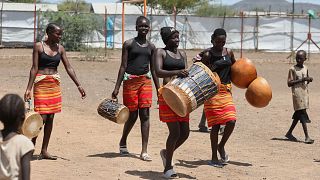
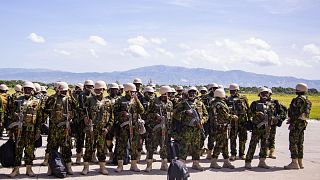




00:52
Nigeria’s Peter Obi to contest 2027 election, opposition coalition in jeopardy
Go to video
Cameroon’s Tourism Minister joins presidential race as Biya’s silence fuels uncertainty
00:28
Nairobi hawker shot at close range by police declared brain dead
Go to video
INTERPOL seizes $65M in fake drugs, arrests 769 in largest-ever global crackdown
01:40
Kenya protests turn violent as court, activists demand justice for victims of police brutality
Go to video
Uganda's Museveni breaks African silence on Israel-Iran war